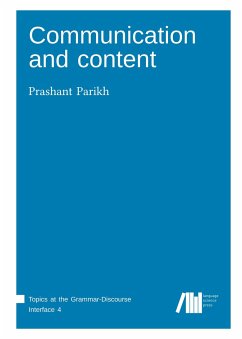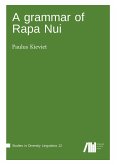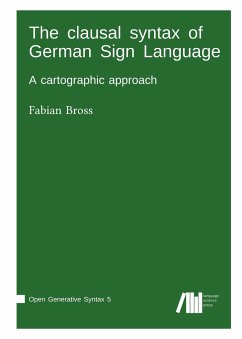Communication and content presents a comprehensive and foundational account of meaning based on new versions of situation theory and game theory. The literal and implied meanings of an utterance are derived from first principles assuming little more than the partial rationality of interacting agents. New analyses of a number of diverse phenomena - a wide notion of ambiguity and content encompassing phonetics, syntax, semantics, pragmatics, and beyond, vagueness, convention and conventional meaning, indeterminacy, universality, the role of truth in communication, semantic change, translation, Frege's puzzle of informative identities - are developed. Communication, speaker meaning, and reference are defined. Frege's context and compositional principles are generalized and reconciled in a fixed-point principle, and a detailed critique of Grice, several aspects of Lewis, and some aspects of the Romantic conception of meaning are offered. Connections with other branches of linguistics, especially psycholinguistics, sociolinguistics, historical linguistics, and natural language processing, are explored. The book will be of interest to scholars in philosophy, linguistics, artificial intelligence, and cognitive science. It should also interest readers in related fields like literary and cultural theory and the social sciences.
Hinweis: Dieser Artikel kann nur an eine deutsche Lieferadresse ausgeliefert werden.
Hinweis: Dieser Artikel kann nur an eine deutsche Lieferadresse ausgeliefert werden.








